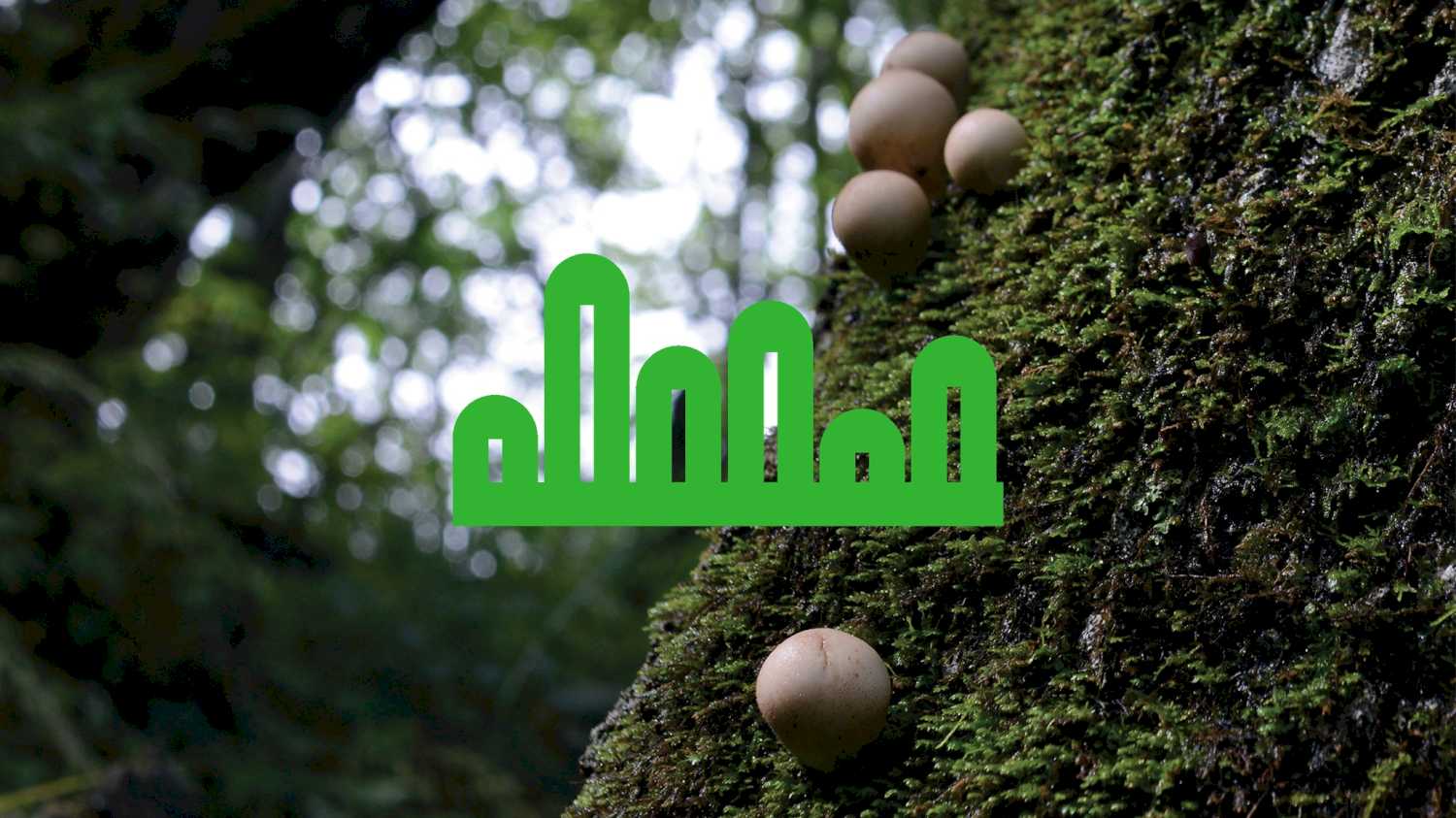
Green Korea United (Seok)
14
About
| Type | FOUNDATION |
|---|
| Website | www.greenkorea.org |
|---|---|
| More | Since our founding in 1991, Green Korea United has actively spearheaded environmental care efforts that impact the community and government. Our early successes reflect our core aims. We began successfully with wildlife conservation in the key areas of Baekdudaegan and the DMZ. We have also provided direct support for communities suffering the harmful effects of environmental pollution. Patiently but fervently, by increasing public awareness and encouraging meaningful discourse, we hope to move our country away from its habit of unsustainable development. We have made significant contributions that have protected and preserved our environment. In 2003, we had successfully halted the construction of a radioactive waste disposal facility. In 2006, our persistent campaigning efforts led to the enactment of a conservation law for Baekdudaegan. More recently, in 2014, we had spurred the Ministry of Environment to prohibit bear farming, a cruel practice to harvest their meat and gallbladders. Green Korea United is bold in our stand for the environment. In 2007, we challenged the 4 Major Rivers Project, in which river-straightening would have adversely affected ecosystems and communities close by. In 2008, we filed the Republic of Korea’s first lawsuit against significant air pollution contributors (i.e. the ROK government, Seoul City, automobile companies) for causing environmental destruction and public health concerns. We continue to strive for greater environmental awareness and care through our ongoing projects. We are campaigning for the closure of old nuclear power plants and against the construction of new plants. The horrific effects of the Fukushima nuclear disaster spurred us to call for such preventative action. Another ongoing project, since 2014, is the close monitoring of flagship species, such as Korean Fir and soft corals, in tandem with local communities. Through this effort, we are well-informed of our environment’s developments and also successfully empower local communities with sustainability awareness and practices. |
